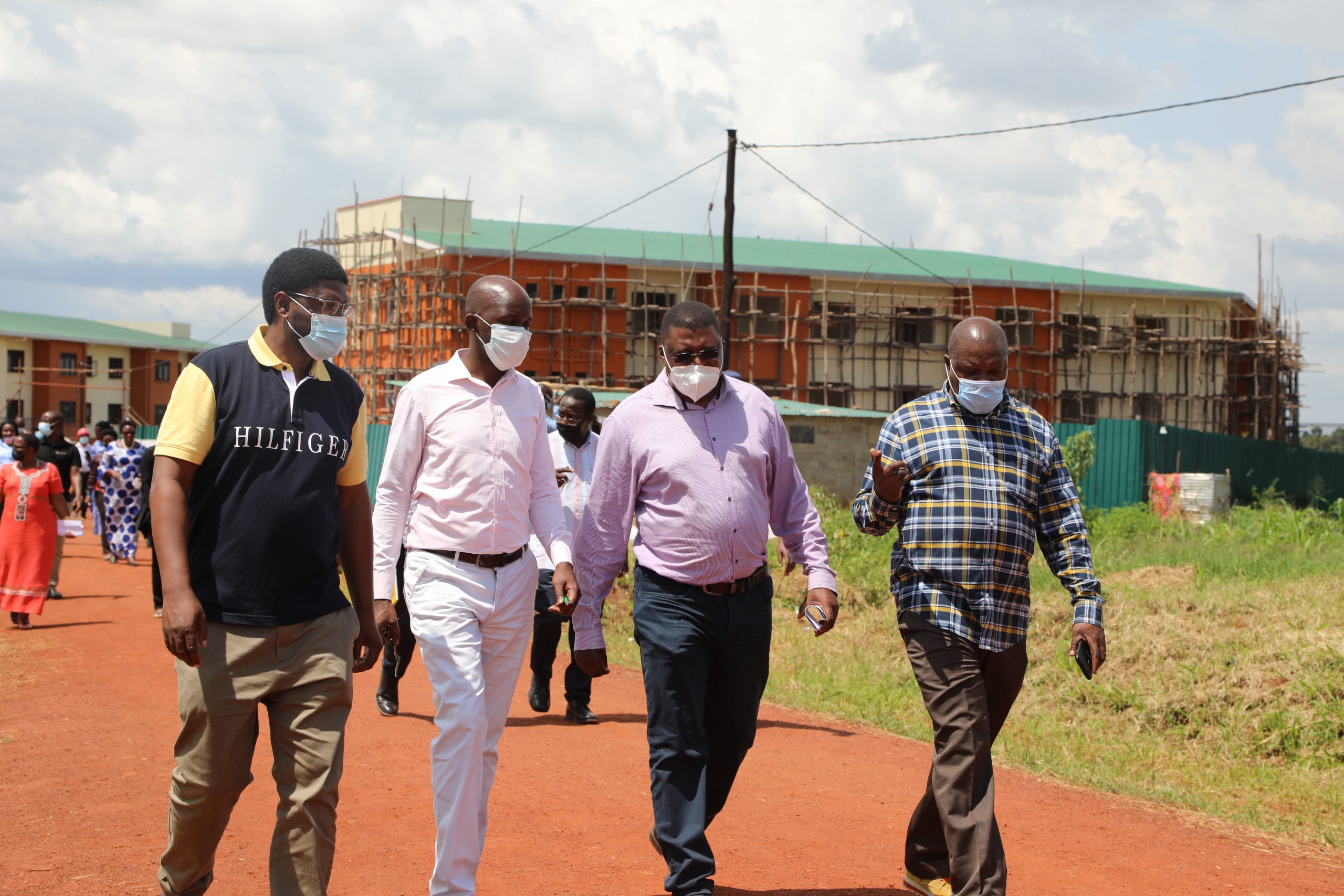
The conclusion of the key oil and gas agreements for the East African Crude Oil Pipeline Project (EACOP) in April 2021 has opened more opportunities for the participation of Ugandans in the sector.
This event marked the launch of Uganda’s oil and gas projects, and paved way for the approval and award of the main Engineering, Procurement and Construction (EPC) contracts, and the commencement of site clearance works for the Tilenga Project. The award of these contracts is important because it opens substantial opportunities for Ugandans and Ugandan companies to provide goods and services for the Engineering, Production and Construction phase which will last for up to four or five years.
Some of the Tier one contractors for the ongoing EPC procurements, include; Excellence Logging Services (Ex Log) Limited (Ltd), Schlumberger Oilfield Eastern LTD, Vallourec Oil and Gas France, China Oilfield Services LTD, McDermott Uganda LTD, ZPEB Uganda Co. LTD and Sinopec International Petroleum Services Co. (Uganda) LTD.
The conclusion of the key oil agreements has de-risked the other upcoming projects including the refinery and the new exploration projects. The development of the Upstream projects guarantees the supply of feedstock into the refinery, while the EACOP and the refinery provide evacuation options for future oil discoveries in the new exploration areas.
The significant investment that has now been unlocked into Uganda’s economy includes the implementation of the Tilenga Project in Buliisa and Nwoya districts (approximately US$4 billion); the Kingfisher Project in Hoima and Kikuube Districts (approximately US$1.5 billion); and, the East African Crude Oil Pipeline (EACOP) (approx. US$3.6bn). This is in addition to what Government is already investing in the required support infrastructure, including Hoima International Airport (over US$500m) and 700 kilometres of oil roads (approx. US$900m).
By the end of the construction phase, Uganda’s Gross Domestic Product (GDP) will be significantly boosted through sectoral linkages by close to USD 9 Billion. This is a 22% increase of the current GDP, which is expected to reach USD 40.1 Billion in 2020/21.
Another key benefit from the oil and gas sector is the employment of Ugandans. About 14,000 people will be directly employed by the companies, while about 45,000 people will be indirectly employed by the contractors. An additional 105,000 people will benefit from induced employment based on the utilisation of other services by the oil and gas sector. Of the direct employment, 57% are expected to be Ugandans, which is expected to result in an estimated USD 48.5 million annual payment to Ugandan employees.
With maturity of projects over the years, the studies and designs have painted a clearer picture of the specific work requirements. This year, the PAU shall carry out and complete a new industrial baseline survey that will shed more light on the labour needs.
Achievements in National Content
Ugandans who would like to work in, or supply goods and services to the sector are encouraged to register on the National Supplier Database (NSD) and the National Oil and Gas Talent Register (NOGTR) via the Petroleum Authority of Uganda’s website (www.pau.go.ug) .
Over 2,200 companies are qualified and registered on the NSD in 2021 up from 513 in 2017. Between 2017 and 2020, USD 52m out of the USD 147m spent by the licensed oil companies on procurement, was on local entities owned by Ugandans; this represents 35.75% of the total procurement spend by the IOCs. In addition, 1,700 Small and Medium Enterprises (SMEs) had their capacity built in the areas of health, safety and environment, bid management, financing, corporate governance, among others.
546 entities registered on the NSD have so far got contracts in the country’s oil and gas sector. Out of these 498 (91%) were Ugandan entities while 48 (9%) were non-Ugandan.
Ugandan nationals directly employed by the oil companies as of September 2021 stand at 81%, with 59% at management, 75% technical and 100% of their support staff. The NOGTR was set up in 2019 and the total registered talent is at over 5000 individuals and 120 companies.
4,435 Ugandans have been trained in various technical disciplines to competitively participate in the oil and gas sector. Through the auspices of the PAU and the Ministry of Education and Sports, the Oil and Gas Trainers Association of Uganda (OGTAU) was formed to provide a platform to coordinate and advocate for skills development in the sector.
Uganda has witnessed several Government and Private training institutions acquire international accreditation to provide certified training programs. These include the Uganda Petroleum Institute, Kigumba, Kiryadongo Technical Institute, Iganga Technical Institute, Nawanyago Technical Institute, Kibasa Technical Institute, Sun maker, Solid Rock, The Assessment and Skilling Center (TASC), Safe Way Right Way and SEAOWL, among others.
Globally, the countries that have done well in the oil and gas sector are those whose citizens have participated. Government and the oil companies are committed to promoting national content development in the implementation of the oil and gas projects, safeguarding the environment, and fast-tracking the land acquisition processes, in line with international best practice. This includes ensuring that the projects are implemented while taking into consideration the environment and biodiversity stakes, as well as the local community rights, and within the stringent environment and social performance standards of the International Finance Cooperation.
